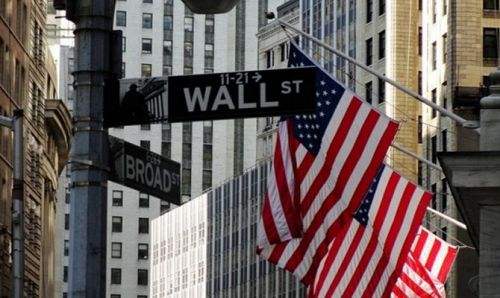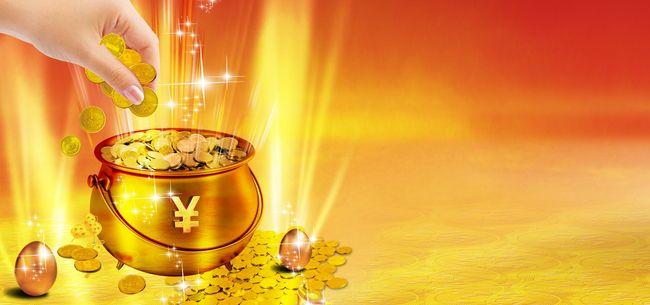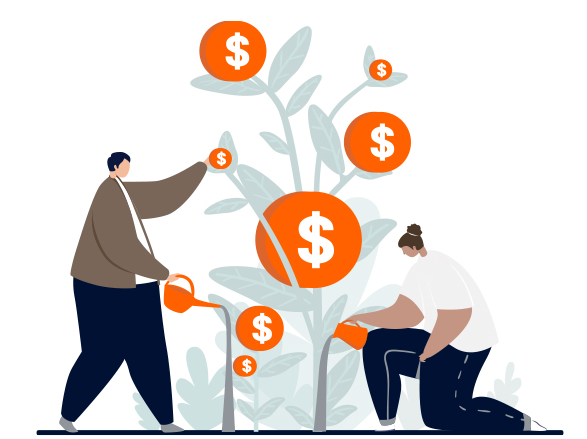What if your stocks are sinking while others are on the rise? What will you do when it happens? Continue to hold or sell for other shares?
Today I would like to introduce you to an investment master, John Templeton, "Father of Global Investment". His answer to this question may give you some inspiration.
Templeton was born in Tennessee in 1913 in a poor family. There is a saying that "knowledge changes destiny". Templeton got a good academic record and was admitted to Yale University, a famous university. From then on, a new life started.
When he was a sophomore, he happened to encounter the worst economic depression in American history. His father told him that his family could no longer afford his tuition. After hearing the news, instead of losing confidence, Templeton strengthened his determination.

Templeton studied economics at Yale. he had a stock account and bought the first stock in his life with the $700 he earned from part time job at school. After Yale graduated, Templeton went to Oxford University for further study, and later received a master's degree in law.
After finishing his studies in Oxford, instead of looking for a job, Templeton took a "gap year" trip with his college friends. During this trip, they successively went to 27 countries, including China, Japan, etc., and also went to Germany at that time to participate in the Berlin Olympic Games in 1936.
The global travel has greatly broadened Templeton's vision, bringing him with the development of the world outside the United States, as well as valuable first-hand experience for future global investment.

After the trip, Templeton successively found several jobs and worked for about two or three years. At that time, the United States was still in the shadow of the Great Depression, and the economy was still sluggish, while Hitler's troops had invaded Poland. At the beginning of World War II, the stock market fell sharply due to the fear of war.
However, Templeton found that this was an incredible investment opportunity at that time. He took out all his money and even borrowed some money to buy stocks with the price of less than $1 on the New York Stock Exchange. Templeton bought $100 each, and invested a total of $10000.
After four years, the investment portfolio of $10000 turned into $40000, with an annualized return of more than 40%. This successful investment offered him the first bucket of gold in his life.

Templeton is good at global investment in his career. The investment of masters, such as Buffett and Graham, are quite limited to the United States or European countries.
Templeton believes that we cannot limit our investment vision to a single country. There are many countries in the world with great economic development potential. Investing in different countries can not only diversify risks, but also obtain higher returns.
In the 1960s, Templeton captured the right moment to enter the Japanese market and became the first group of American investors to invest in Japan. Japan was in the recovery stage after World War II, and many stocks were cheap. Templeton bought a number of stocks at a low price.
After his purchase, the stock market also rose along with the Japanese economy taking off. In the 1980s, he found that the Japanese stock market had been overestimated to the extreme, and just as he found new investment opportunities, he resolutely withdrew.
This new investment opportunity is the Argentine market. At that time, Argentina's stock market performance was very poor due to high inflation and political factors.
Templeton bought shares in the Argentine market during the downturn. Subsequently, Argentina received assistance from the International Monetary Fund, leading to a rise in the stock market. As a result, Templeton's shares rose by 70%.
In 1997, due to the outbreak of the Asian financial crisis, the stock markets of many Asian countries collapsed. Templeton seized the opportunity to invest in the stock markets of South Korea and other Asian regions. A few years later, as the stock markets returned to normal, Templeton also gained rich profits.





